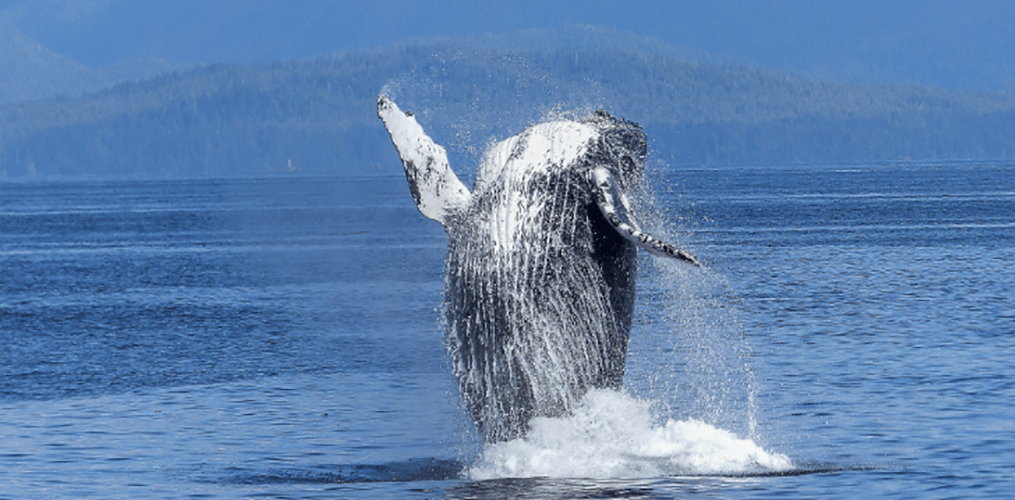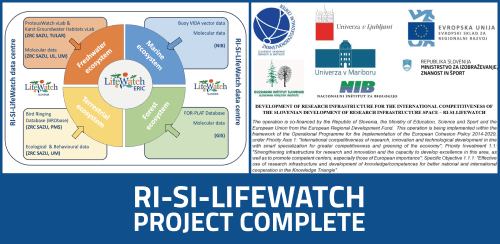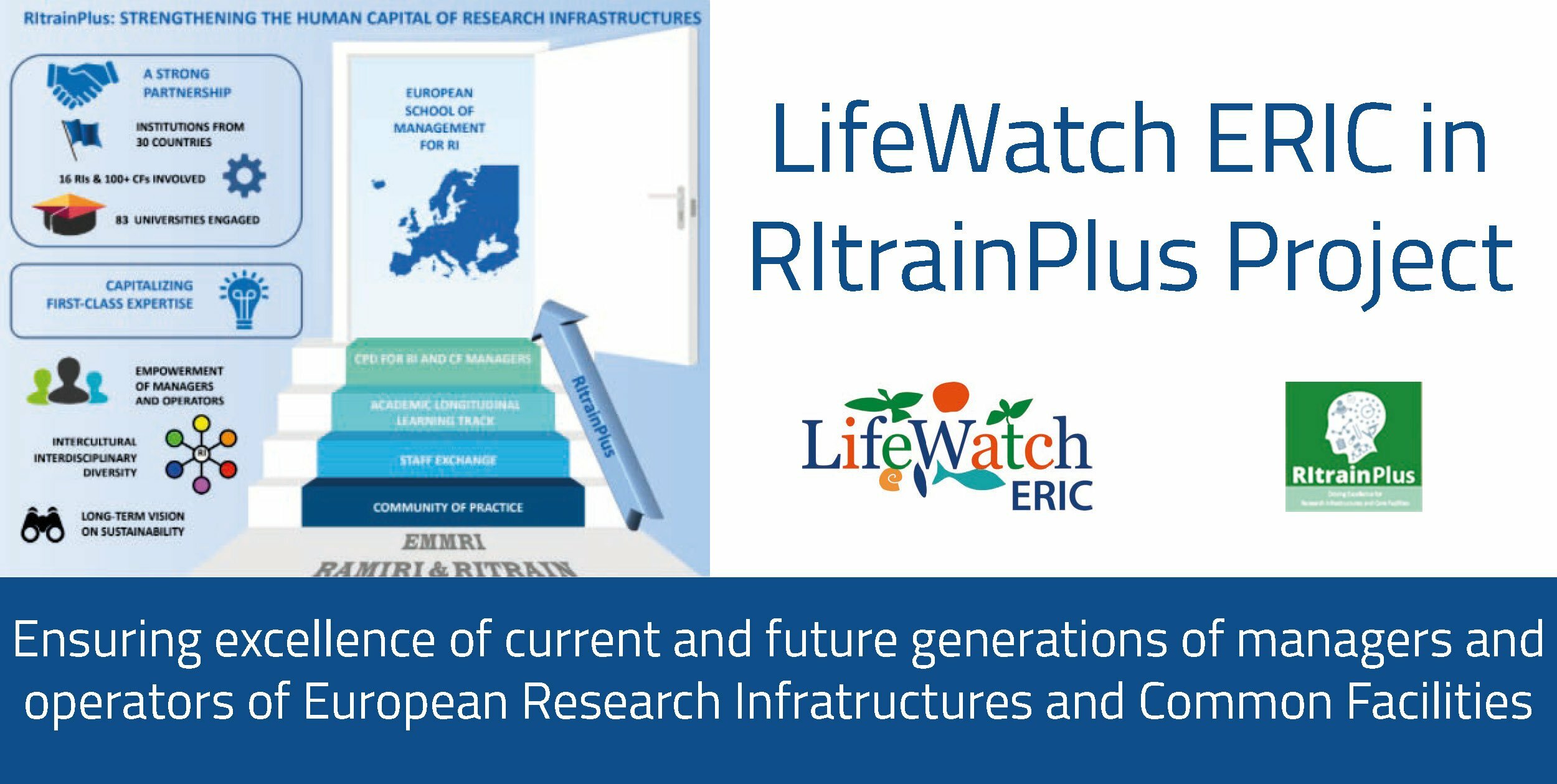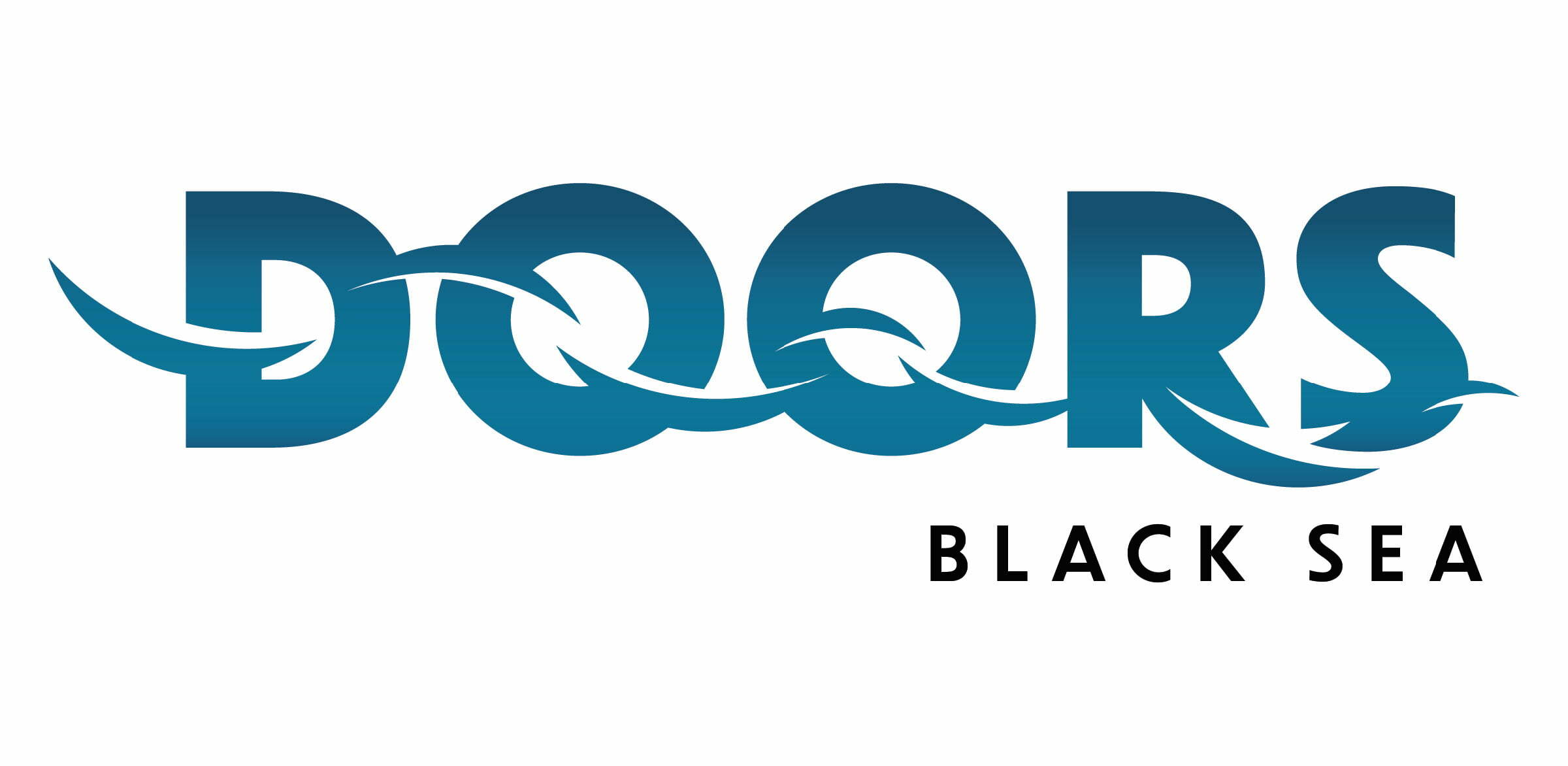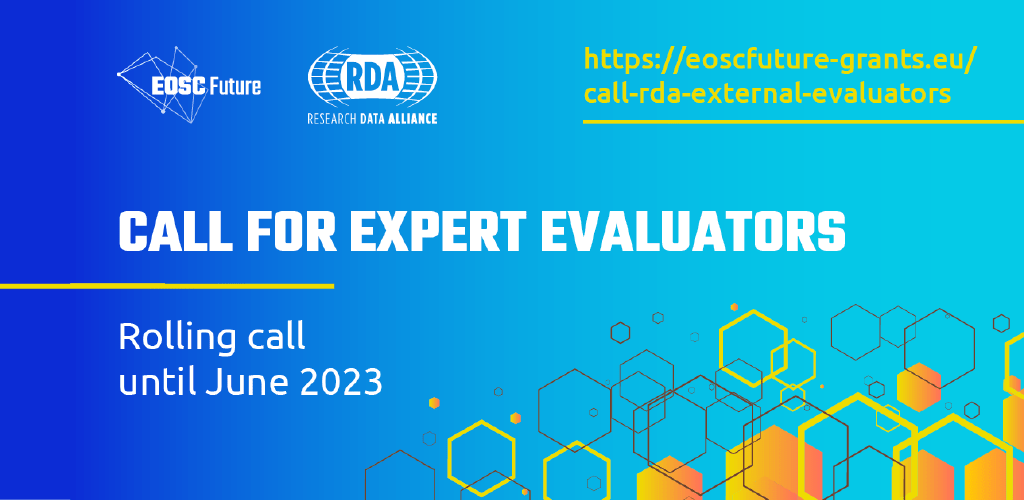The EU Green Deal aims to tackle some of the biggest challenges facing Europe and the world, among them environmental degradation, loss of biodiversity, climate change, and pollution. The promise of this ambitious legislative package is to transform the EU into the first climate-neutral continent by 2050, with a competitive and data-agile economy decoupled from fossil fuels, zero net greenhouse gas emissions, and a society where no one is left behind (green, digital and just transition).
Achieving the Green Deal requires a concerted effort across multiple areas that are closely related (e.g. environment, climate, energy, transportation), with success also dependent on transformative action in marine governance. Oceans are vital to life above and below ground, so their sustainable exploitation will be necessary to ensuring their effective functioning – as a climate regulator, as source of clean air, energy, jobs, and food, as one of the main trading routes – for generations to come.
However, the current setup of marine governance is not conducive to reaching Green Deal objectives, because it is hampered by institutional barriers, lack of coherent policy mechanisms, and ineffective governance systems. Marine governance must evolve to become more agile and flexible, cross-sectoral and multi-actor, in tune with changing dynamics in policy, science, technology, industry and society.
This is exactly what PERMAGOV, the new Horizon Europe project, sets out to achieve. Over the next four years, PERMAGOV will set out to support the improvement of EU marine governance performance in four selected seas (Adriatic, Baltic, Celtic, and Mediterranean) and three national waters bordering Italy, Ireland, Slovenia, Croatia, Denmark, and Norway.
“Achieving the ‘blue’ dimension of the EU Green Deal will require innovative, multi-level and cross-sectoral governance approaches which break down long-standing institutional barriers and dependency on established paths, and which span multiple fronts and challenges that must be addressed to ensure the health of EU marine ecosystems, for example water pollution, overfishing, biodiversity loss, carbon emissions, energy production, shipping,” said Dr. Judith van Leeuwen, the PERMAGOV project’s coordinator and Associate Professor at Wageningen University.
“The ocean and seas are the main ‘lungs of the planet’ and essential to all life on it. Through the PERMAGOV project we hope to contribute to their conservation and sustainable use so they can continue to support humankind and all other life on the planet long into the future.”
You can read the full press release here.
To find out more about the projects in which LifeWatch ERIC is involved, visit our Related Projects page.
